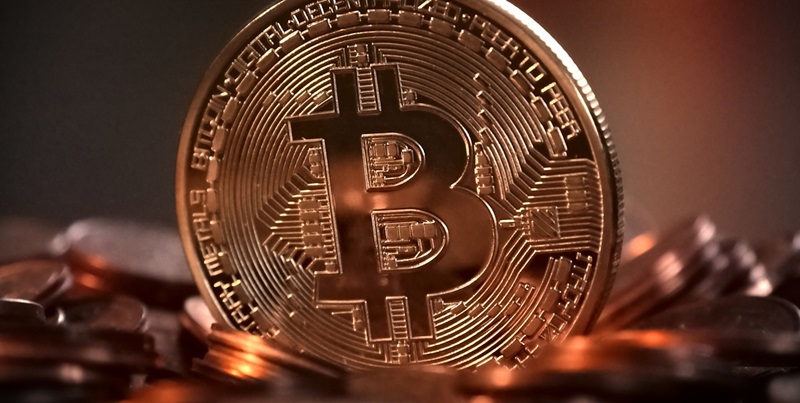Russia is navigating a complex digital terrain as it considers integrating cryptocurrencies into its financial system—a move that could significantly shift economic dynamics. The cryptocurrency scene in Russia is characterized by a lack of clear regulatory frameworks and internal disagreements, creating hurdles in fully harnessing the potential of this innovative technology. Yet, as Western sanctions tighten, there is an increasing need for Russia to establish a robust digital economy, turning this issue into a pressing concern. Amid the stalemate among policymakers, the future of crypto in Russia remains uncertain, caught between vast opportunities and legislative stagnation. This ambivalence reflects the broader narrative of a nation positioned to unlock the transformative power of digital currencies, but hamstrung by indecision and regulatory delays.
The Internal Divide on Crypto Legalization
A multitude of sessions swarming with policymakers and vested interests have convened with the purpose of steering Russia’s crypto strategy. The scene is one of dichotomy, with ministries advocating fervently for the legalization of cryptocurrencies as a beacon for economic growth and technological innovation. On the flip side, the Central Bank steadfastly resists these overtures, positioning the digital ruble as the cornerstone of Russia’s financial future—a digital fiat tethered to traditional monetary policy. The impact of this standoff reverberates throughout Russia’s political landscape, leaving a void where decisive action is desperately needed.
The tug of war within Russian governing bodies extends beyond mere policy arguments; it symbolizes conflicting visions of the nation’s fiscal destiny. Andrei Lugovoy, a key parliamentary figure, presses for urgency, criticizing the sluggish pace at which regulations are taking shape. He rallies for crypto’s potential as a channel for international transactions, enabling Russian businesses to navigate the encroaching tide of sanctions. Meanwhile, the financial benefits of regulated crypto, such as taxing income from mining and enabling secure cross-border business transactions, linger within the realm of the hypothetical, awaiting legislative awakening.
Lost Opportunity in a Climate of Sanctions
As sanctions tighten, Russia eyes cryptocurrency as an escape hatch. This untapped arena offers Russia a chance to sidestep geopolitical constraints, potentially aiding Russian entities in maintaining and creating global ties. The current lack of regulation represents both a missed opportunity and a critical juncture. The question looms: will Russia exploit the enigmatic potential of digital currencies, or will inaction define this period?
Sanctions are tangible; their impact is resonant. Crypto’s inherent obscurity could shield Russia’s faltering economy, offering a reprieve from international pressures. Yet, the future is unclear, with the importance of decisive action echoed by anxious stakeholders.
In a world where financial power is critical, Russia’s approach to cryptocurrency regulation is a focal point amidst global tension. The outcome will not only determine Russia’s economic resilience but also its long-term fiscal landscape. With the world watching, Russia stands at a crossroads between caution and the embrace of digital finance.

